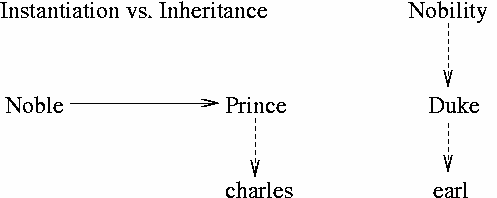hello,
i'm trying to understand how i could build following consecutive sets
from a root one using generator :
l = [1,2,3,4]
would like to produce :
[1,2], [2,3], [3,4], [1,2,3], [2,3,4]
but unfortunately can not, i guess i can do it by using sub generator
and maybe enumerate, please if you help could you explain a bit the
trick ? looks like this sub generator thing mess me up.
(i think it should may be also have [1,], [2,], [3,], [1,2,3,4] , and
then be filtered)
bests
i'm trying to understand how i could build following consecutive sets
from a root one using generator :
l = [1,2,3,4]
would like to produce :
[1,2], [2,3], [3,4], [1,2,3], [2,3,4]
but unfortunately can not, i guess i can do it by using sub generator
and maybe enumerate, please if you help could you explain a bit the
trick ? looks like this sub generator thing mess me up.
(i think it should may be also have [1,], [2,], [3,], [1,2,3,4] , and
then be filtered)
bests




Comment